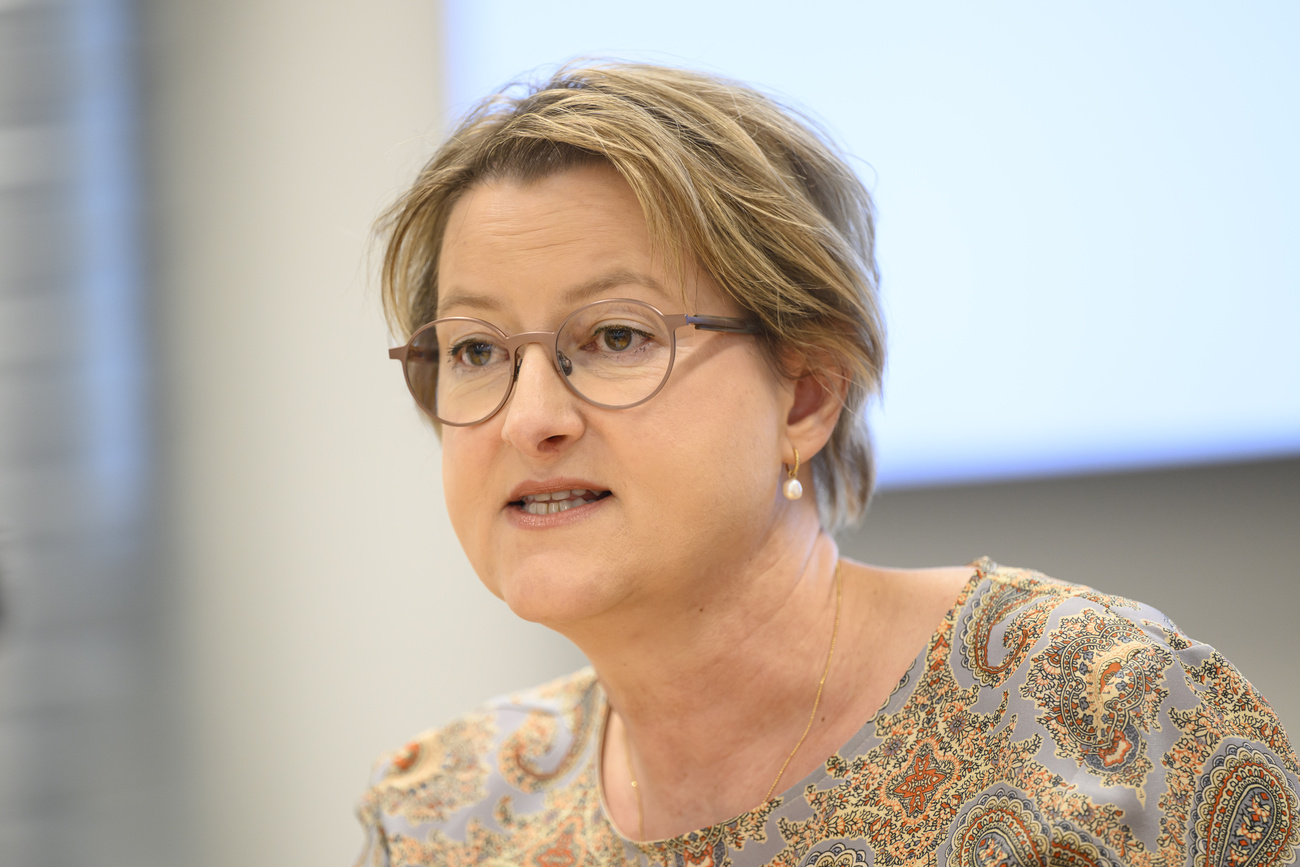
Equality not achieved in Switzerland according to the Federal Council

Equality between women and men has not yet been achieved in Switzerland. This was announced by the Federal Council in a report to the UN on Wednesday. However, significant progress has been made in recent years.
With this report, Switzerland is responding to the UN’s call to highlight the most recent milestones in gender equality policy and to identify any remaining gaps. The UN’s call came thirty years after Switzerland and 188 other countries signed a declaration on gender equality in Beijing.
Daily news – Get the most important news from Switzerland in your inbox.
“Although equality between women and men has been enshrined in the Federal Constitution since 1981, it has not yet been achieved in our country,” the report states. On average, women earn 18% less than men, they often work part-time, and they provide the majority of care and support for family members. As a result, their pensions are smaller, and they are more at risk of poverty than men when they get older.
+Fertility rates plummet in Switzerland – and beyond
Finally, according to the report, women make up the vast majority of victims of domestic violence. An instance of domestic violence is committed over 55 times a day, and in 70% of cases the victim is female, writes the Federal Council.
However, the first national strategy for the targeted promotion of gender equality adopted in 2021 represents significant progress in this area, according to the report. An interim review of this strategy is to be conducted at the end of 2025.

More
How you view the problem of low birth rates in Switzerland
Adapted from German by DeepL/dkk/amva
This news story has been written and carefully fact-checked by an external editorial team. At SWI swissinfo.ch we select the most relevant news for an international audience and use automatic translation tools such as DeepL to translate it into English. Providing you with automatically translated news gives us the time to write more in-depth articles.
If you want to know more about how we work, have a look here, if you want to learn more about how we use technology, click here, and if you have feedback on this news story please write to english@swissinfo.ch.

In compliance with the JTI standards
More: SWI swissinfo.ch certified by the Journalism Trust Initiative






























You can find an overview of ongoing debates with our journalists here . Please join us!
If you want to start a conversation about a topic raised in this article or want to report factual errors, email us at english@swissinfo.ch.